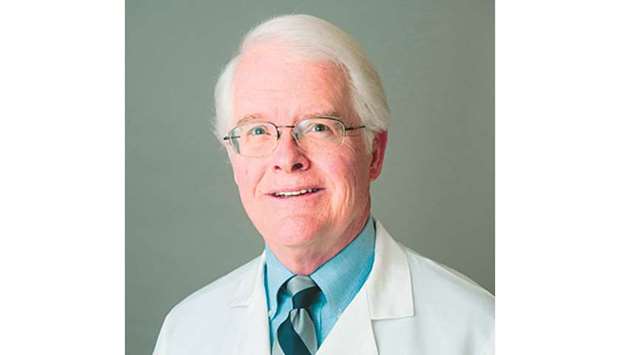World renowned experts on ethics, Islam, Christianity and medicine are gathering at Georgetown University in Qatar (GU-Q) today and tomorrow to discuss the bioethics of caring for those with life-threatening illnesses or those who are facing death.
The two-day conference, titled ‘Christian and Muslim Perspectives on Palliative Care and End of Life’, is jointly organised by GU-Q and the Vatican’s Pontifical Academy for Life.
The conference aims to initiate a multidisciplinary exchange on the issues surrounding the treatment of patients facing life threatening illness and death, with a particular focus on opportunities and barriers to care in Qatar and the region.
The conference opens at 8.30am with remarks by GU-Q dean Ahmad Dallal and Archbishop Vincenzo Paglia, president of the Pontifical Academy for Life.
Keynote addresses will be delivered by the chief executive officer of the World Innovation Summit for Health, Sultana Afdhal, professor of Islamic Studies at Notre Dame University, Ebrahim Moosa and director of the Pellegrino Centre for Clinical Bioethics at Georgetown University Medical School, G Kevin Donovan.
In addition to Dr Donovan from Georgetown University in Washington, DC, who will offer a Christian perspective on the topic on day one, GU-Q professor and expert on Islamic Bioethics Ayman Shabana will speak on the Medical Treatment between Necessity and Futility panel in the morning of the second day of the conference.
The first day’s panel discussions will explore palliative care within the clinical context, featuring three heads of prominent medical schools from Malaysia, Oman and the United States.
Other panel discussions will cover regulating palliative care, and ethics in palliative care.
The second day of the conference begins with a morning session on striking a balance between necessity and futility in medical treatment of end-of-life patients, followed by a panel on the interface of religion and medicine for these patients, and will conclude with a discussion of a report developed by the Pontifical Academy for Life.
The panel discussions will draw on scholars and practitioners of palliative and end of life care and ethics, coming from institutions across the world.
The conference is free and open to the public.

G Kevin Donovan
